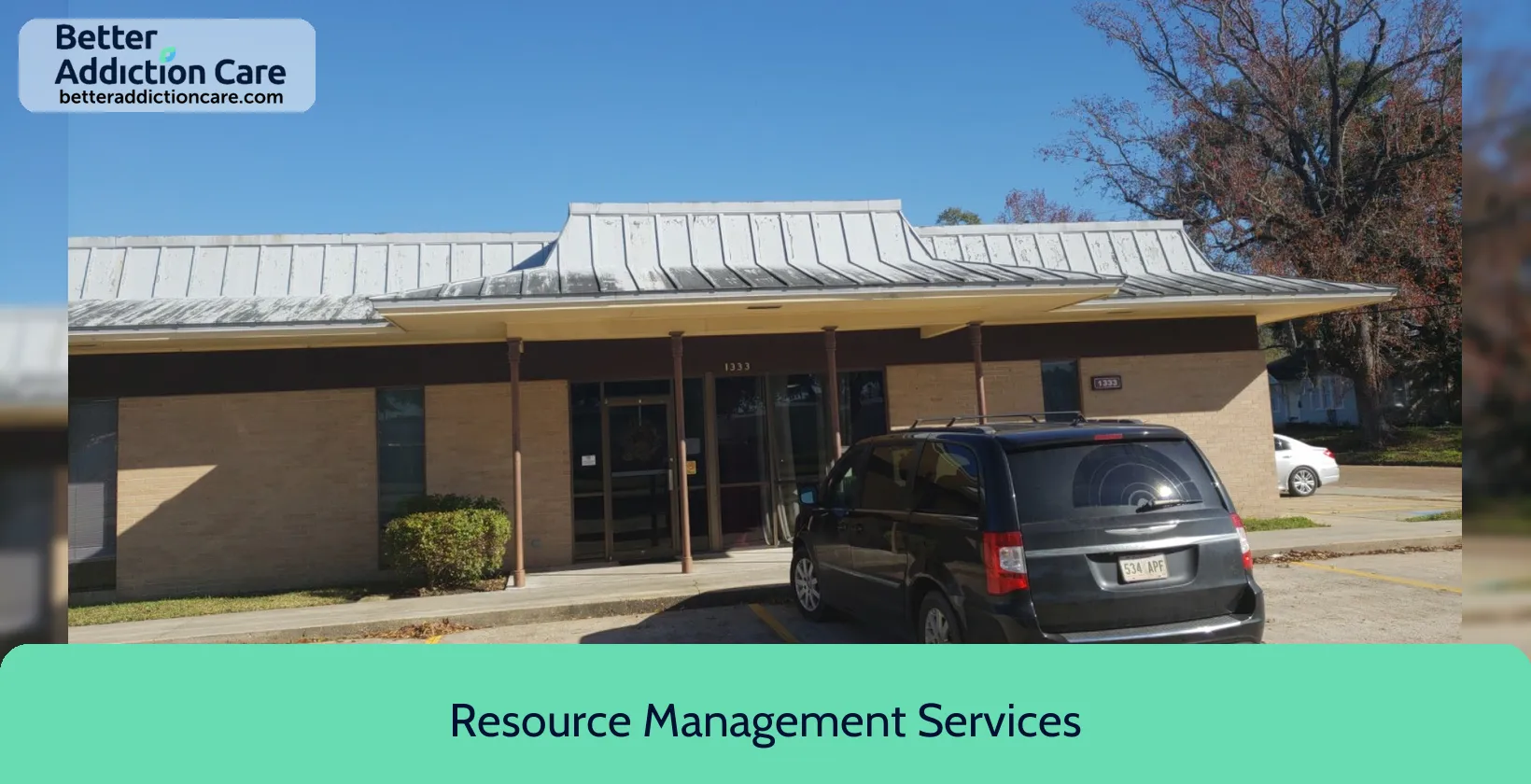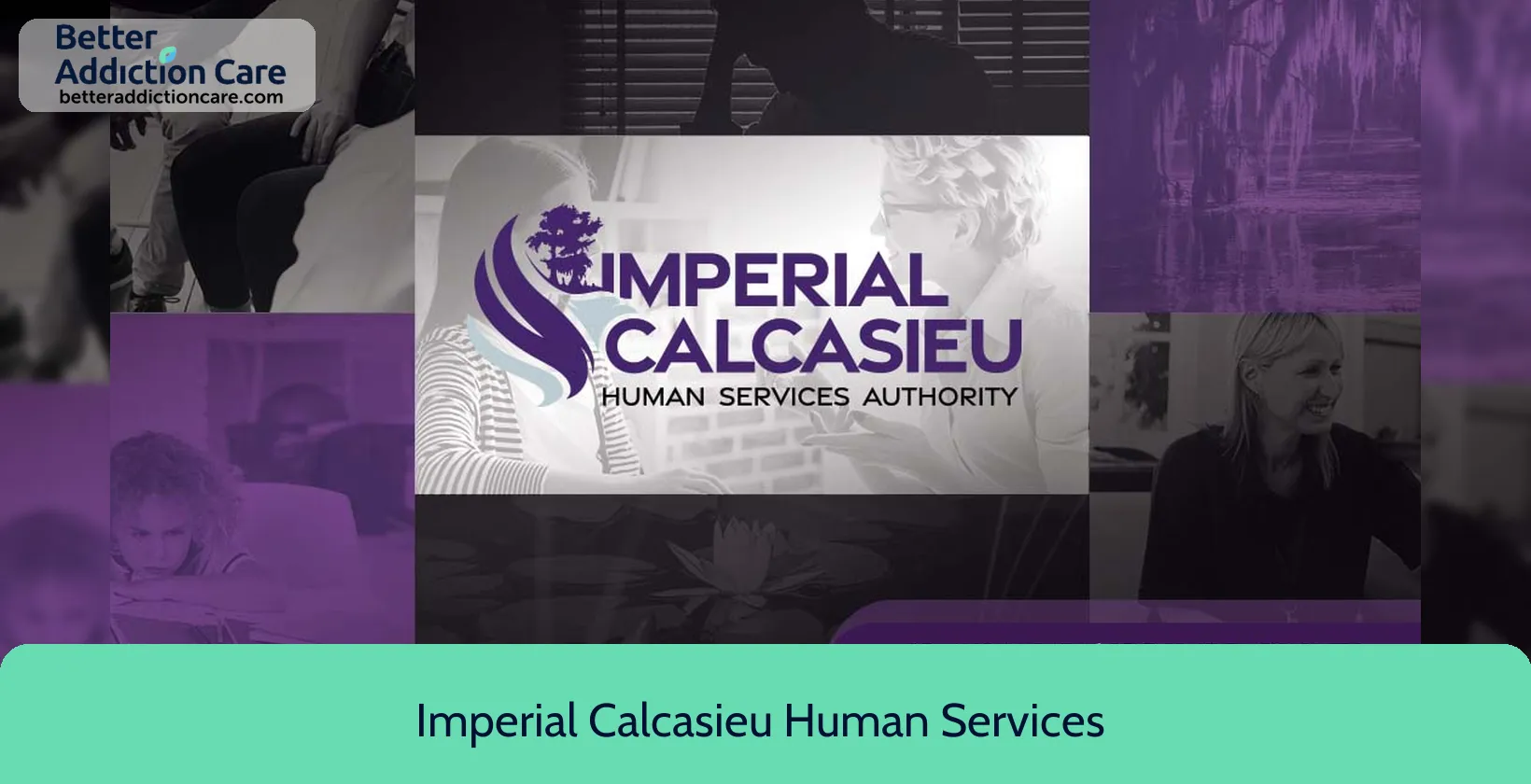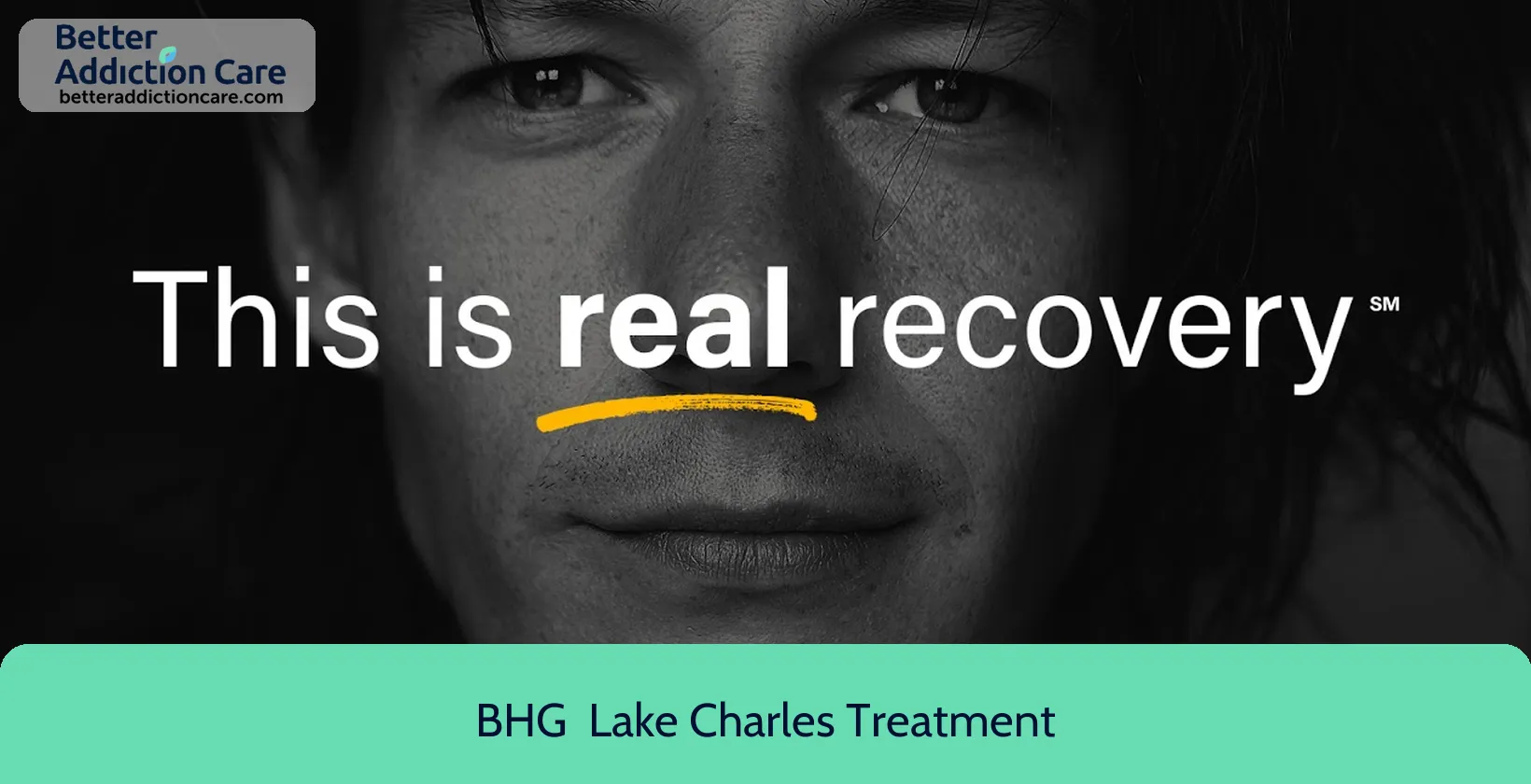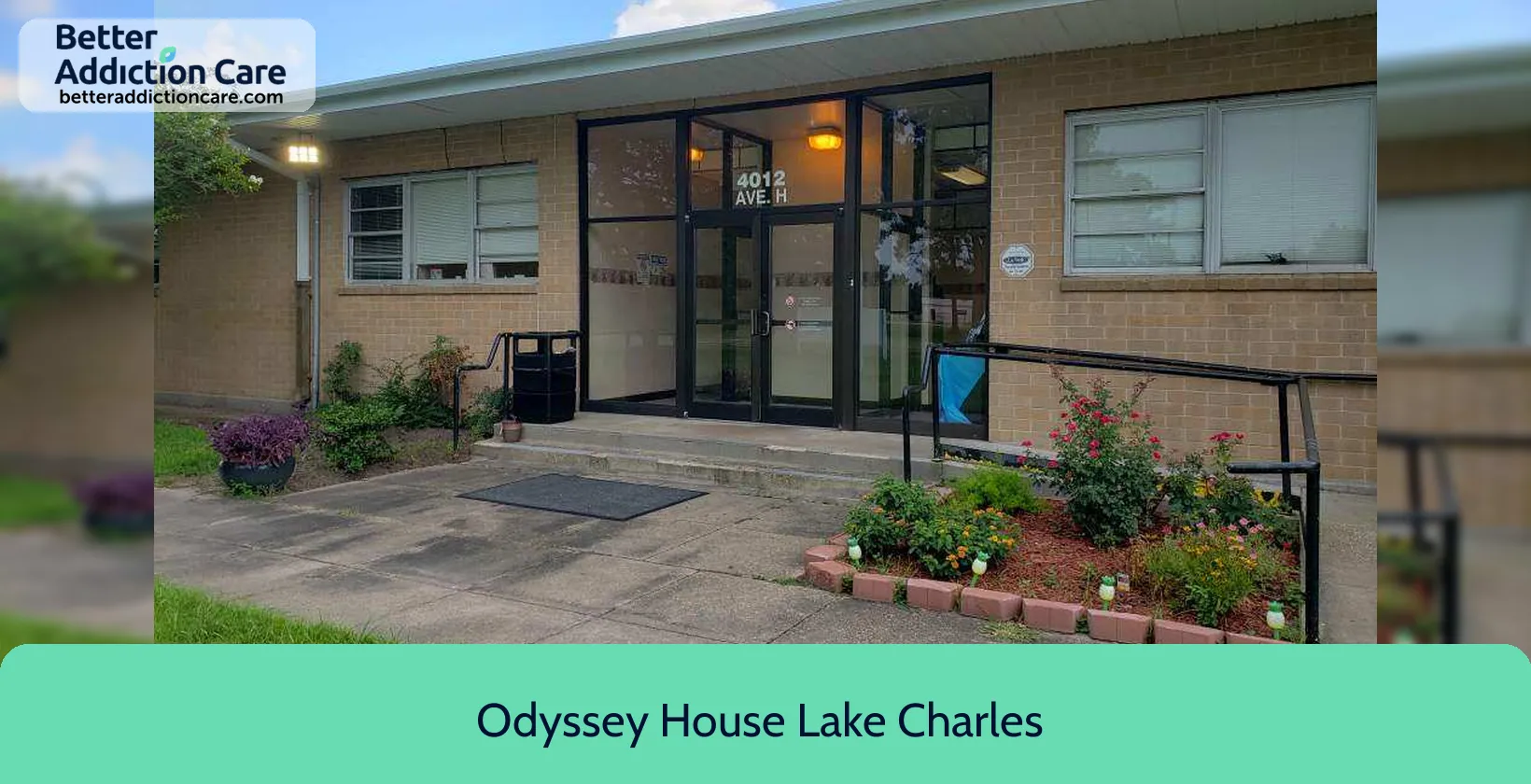Calcasieu Oaks Behavioral Hospital

Overview
Calcasieu Oaks Behavioral Hospital is a mental health treatment center for people seeking treatment near Calcasieu County. As part of their treatment modalities for recovery, Calcasieu Oaks Behavioral Hospital provides couples/family therapy, group counseling, and cognitive behavioral therapy during treatment. Calcasieu Oaks Behavioral Hospital is located in Lake Charles, Louisiana, accepting cash or self-payment for treatment.
Calcasieu Oaks Behavioral Hospital at a Glance
Payment Options
- Cash or self-payment
- Medicaid
- Medicare
- State-financed health insurance plan other than Medicaid
- Private health insurance
Assessments
- Screening for tobacco use
- Comprehensive mental health assessment
- Comprehensive substance use assessment
Age Groups
- Seniors or older adults
- Young adults
- Adults
- Seniors
Ancillary Services
- Case management service
- Diet and exercise counseling
- Family psychoeducation
- Suicide prevention services
Highlights About Calcasieu Oaks Behavioral Hospital
6.65/10
With an overall rating of 6.65/10, this facility has following balanced range of services. Alcohol Rehabilitation: 8.00/10, Drug Rehab and Detox: 6.00/10, Insurance and Payments: 6.00/10, Treatment Options: 6.61/10.-
Alcohol Rehabilitation 8.00
-
Treatment Options 6.61
-
Drug Rehab and Detox 6.00
-
Insurance and Payments 6.00
Treatment At Calcasieu Oaks Behavioral Hospital
Treatment Conditions
- Mental health treatment
- Alcoholism
- Substance use treatment
- Co-occurring Disorders
Care Levels
- Hospital inpatient/24-hour hospital inpatient
Treatment Modalities
- Couples/family therapy
- Group counseling
- Cognitive behavioral therapy
- Integrated Mental and Substance Use Disorder treatment
- Activity therapy
Ancillary Services
Languages
- Sign language services for the deaf and hard of hearing
Additional Services
- Pharmacotherapies administered during treatment
- HIV testing
Special Programs
- Clients with co-occurring mental and substance use disorders
- Veterans
- Active duty military
- Members of military families
- Clients with HIV or AIDS
Get Help Now
Common Questions About Calcasieu Oaks Behavioral Hospital
Contact Information
Other Facilities in Lake Charles

7.10

6.62

7.33

7.28

7.42
Browse rehab centers near Lake Charles and in other cities across Louisiana
DISCLAIMER: The facility name, logo and brand are the property and registered trademarks of Odyssey House Lake Charles - Residential, and are being used for identification and informational purposes only. Use of these names, logos and brands shall not imply endorsement. BetterAddictionCare.com is not affiliated with or sponsored by Odyssey House Lake Charles - Residential.
